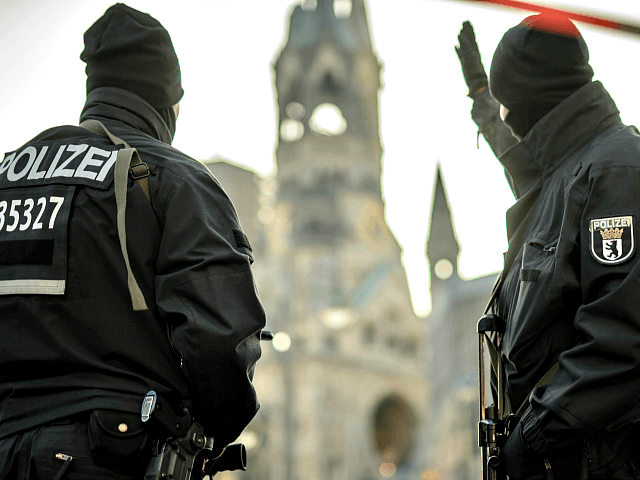German churches are sheltering hundreds of migrants — including many supposed converts — whose asylum claims have been rejected as illegitimate by the authorities.
Asyl in der Kirche, a network of German parishes providing migrants with safe houses, told The Washington Post that there are 351 so-called “church asylum locations” in Germany, hosting at least 551 people.
Many are so-called “Dublin cases” — migrants whose asylum applications have been rejected because they have already been registered in another EU country under the bloc’s Dublin III regulations.
Germany is authorised to deport such people, but do not interfere with migrants living on church grounds — although they are legally entitled to do so.
“The churches said: ‘Sometimes from a humanitarian or a Christian point of view, the law is not correct’,” said Martina Domke, head of migration at the Cologne office of Diakonie, the German Protestant church’s social-welfare organisation.
One Lutheran church the Post visited had 12 migrants in the basement; one of them had been there for around six months.
Many of these migrants “convert” to Christianity en masse — a phenomenon which has also been observed in Austria and even Lebanon.
“This church went from just a few hundred members to more than 1,300 Iranians and Afghans,” boasted one German pastor. “All converts.”
Conversion boosts the migrants’ chances of being able to remain in Europe even after their initial claims are rejected, since apostates — believers who leave their faith — are put to death in countries where Islamic law holds sway.
Whilst the churchmen interviewed by The Washington Post protested the authenticity of their new recruits, law enforcement has complained conversion is often simply a tactic to avoid deportation.
“If the deportation of the offender has failed because he has changed his faith, then one has to put two and two together,” argued Ulf Küche, a senior police officer and vice-chairman of the Federal German Criminal Police Office.
It is possible for Muslims to outwardly deny Islam whilst privately continuing to hold true to it under the doctrine of taqiyya — a form of religiously sanctioned deception or dissimulation which EU counter-terror chief Gilles de Kerchove recently warned was being used by extremists “to disguise their convictions”.

COMMENTS
Please let us know if you're having issues with commenting.